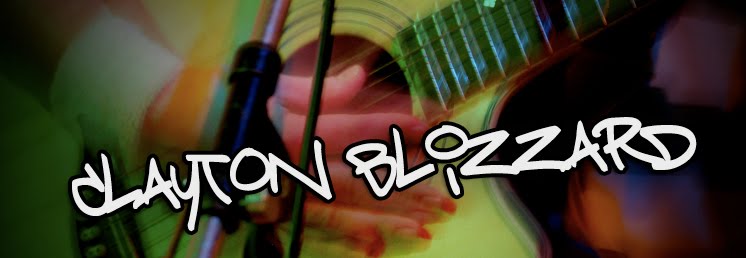I first heard the term in the early 1990s, in relation to
the war that broke up what was Yugoslavia into several smaller states, and it
always bothered me. It’s shocking (but
not surprising) how widely used it is, to refer to specific events, as well as
being an accepted generic term for what would more properly be called
Genocide. If we understood and
acknowledged the significance of language.
The First Casualty Of War Is The Truth, goes the
cliché. Actually, the first casualty is
usually language. If we fuck around with
language enough, there is no possibility of truth – hence the “post-truth”
nonsense we are currently experiencing.
“Post truth” is a novel term for bullshit, and another egregious example
of linguistic butchery. (It suggests
that we live in a world where objective Truth is simply impossible, which is no
more or less plausible than it would have been twenty, a hundred or a thousand
years ago. We don’t need to invent words
to describe dishonesty. We’ve got
loads. We’ve also got adequate words to
describe the current US administration, if only we would use them.)
There is absolutely no reason to accept the utterly
reprehensible term “ethnic cleansing”.
Killing and/or exiling large amounts of people in a concerted attempt to
rid a geographical area – or, indeed, the planet as a whole – of an ethnic
group is called Genocide. “Ethnic
cleansing” is a euphemism for genocide (or attempted genocide, if you’d prefer
to be more generous to people who try genocide and fail at it), and the only
reason to use it is to signify a belief that a particular geographic area would
be “cleaner” without the targeted ethnic group.
So, the only reason to describe genocide as “ethnic cleansing” is if you
are in favour of genocide. In that way, it’s a useful term. An appropriate response to someone (for
example, a newscaster) using the term “ethnic cleansing” might be “Are you in
favour of genocide? Would Bosnia be
“cleaner” without Muslims? Would Turkey
be “cleaner” without Armenians? If the
answer is “no”, then the term “ethnic cleansing” is inappropriate and should
not be used by those who do not support Genocide. If the people, and their presence, is not
dirty, then removing them is not cleansing.”
This matters. This is
a very good example of just how much language, and even individual words really
matter. If it’s a separate category, not
as bad as Genocide, then “ethnic cleansing” is useful only for downplaying what
is a matter of life and death. Like when
a newspaper columnist calls people “cockroaches”. The connotation of the term is clear – even
for those who don’t know that the Rwandan Genocide was preceded by a propaganda
campaign which used the term frequently to describe a targeted ethnic
group. Even without that historical
context, it’s clear what someone means by describing groups of people as
“cockroaches”: these are beings that should be stamped on, so they don’t bother
us, so they don’t breed. So they don’t
live in the shadows of our comfortable houses, bothering us merely by their
presence.
If language isn’t important, how come English is the
Official Language in 53 countries that are not England? Is it a sponsorship thing, like The Official
Muesli of World Cup 2018? Like the
commonwealth? Commonwealth is another
interesting term. It suggests that
wealth is common, which is a nice aspiration.
Although in the case of the British Commonwealth, it means “bow to the
queen and give us all your money and accept our Orwellian language and be
grateful about it”. So it’s actually a
piece of cynical sophistry/delusional grandeur.
And this matters as well, because it is good indicator that the United
Kingdom has not reckoned with the end of its empire or the crimes committed by
it, and in its name.
“The limits of my
language are the limits of my world.”
Wittgenstein
Wittgenstein
If we have no words for these things, we can’t even discuss
them let alone agree on a way forward.
Fortunately, however, language is not static, and is a living thing,
constantly evolving. Which sounds like a
contradiction of the above. But it’s
not. Because I can accept that language
is constantly changing, while still commenting disapprovingly on specific
changes. It’s called being an adult,
isn’t it? And I’ve been trying it out
for at least two of the years since I became a legal adult.
These kids, they say
bad when they mean good! Like every
generation of kids from anywhere ever.
How dare they. They react against
their parents – much like their parents before them, ironically. And the circle is complete.
By the time bad means bad again, maybe we’ll have acquired
the courage to call things what they are.
And/or change language in a way that actually benefits people, instead
of inventing new words to make it seem more acceptable or normal to lie, or
advocate mass killing.
Genocide is genocide.
It is not cleaning.

No comments:
Post a Comment